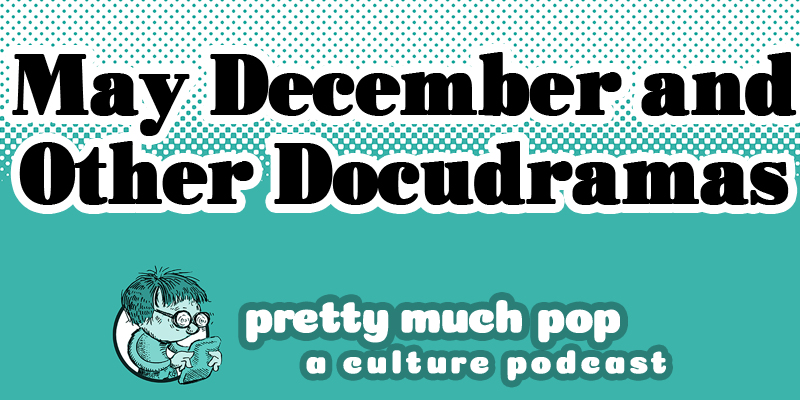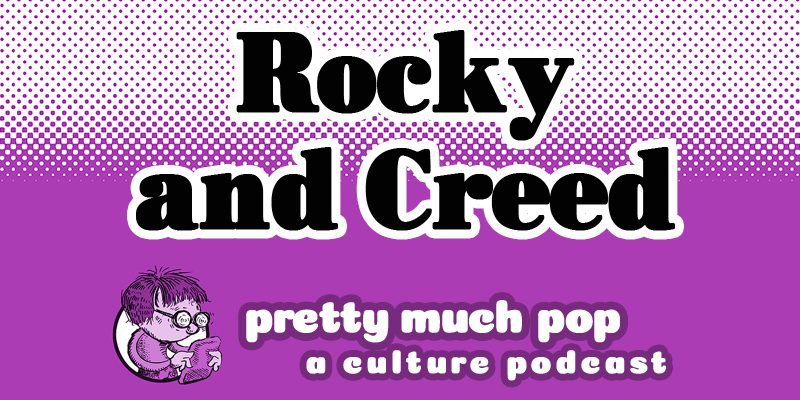When discussing a musician like Fela Kuti, many of our usual terms fail us. They fail us, that is, if we came of age in a musical culture in which artists and bands put out an album of ten or so lyrics-forward songs every two or three years, promoting it on tour while also playing their biggest hits. Fela — as all his fans refer to him — could put out six or seven albums in a single year, and refused to play live any material he’d already recorded. Even the word song, as we know it, doesn’t quite reflect the nature of his compositions, which got expansive enough that two or three of them (or just one, half of it on each side) could fill a long-playing record.
Walter Benjamin said of great literary works that they either dissolve a genre or invent one, and Fela’s musical works invented the genre of Afrobeat. The sound of that genre, as explained by Noah Lefevre in the Polyphonic video above, reflects the distinctive formation of Fela himself, who was born and raised in Nigeria, studied at the Trinity College of Music in London, and came of age during the end of Africa’s era of decolonization. To a listener reared on Anglo-American popular music, his signature mixture of West African rhythms with jazz and funk textures sounds familiar enough — at least for the first ten or fifteen minutes, after which time the listening experience ascends to a different state entirely.
Sometimes it takes Fela just about that long to start singing, and when he does, he’s given to proclamations, chants, calls-and-responses, and political exhortations delivered in the kind of English that sounds highly unfamiliar to non-African listeners. Not that it’s always alienating: indeed, this particular combination of words and music has captivated generations of listeners from far outside its place of origin. One of them is David Byrne, who used Talking Heads’ Remain in Light as more or less a medium for channeling the musical spirit of Fela. Not that he himself was gone yet: indeed, he had almost two decades of his eventful life to go, one you can learn much more about from Fela Kuti: Fear No Man, a twelve-part biographical podcast by Jad Abumrad.
Brought into Fela’s world by a family connection, that former Radiolab host conducted dozens and dozens of interviews on the relationship between the man, his music, and the political context in which he found himself. The facts, as any Fela fan knows, don’t always align comfortably with mainstream sensibilities of the twenty-twenties — the charges range from essentialism to polygamy — but as Lefevre reminds us, an artist should be interpreted through the lens of his own culture and history. However many of us consider him a “problematic fave” today, Fela Kuti will always be the man who invented Afrobeat — and since nobody else has quite managed to replicate his grooves in their simultaneous tightness and looseness, bluntness and subtlety, perhaps also the man who dissolved it.
Related Content:
When Afrobeat Legend Fela Kuti Collaborated with Cream Drummer Ginger Baker
Zamrock: An Introduction to Zambia’s 1970s Rich & Psychedelic Rock Scene
The Awe-Inspiring But Tragic Story of Africa’s Festival In The Desert (2001–2012)
Stream 8,000 Vintage Afropop Recordings Digitized & Made Available by The British Library
Based in Seoul, Colin Marshall writes and broadcasts on cities, language, and culture. His projects include the Substack newsletter Books on Cities and the book The Stateless City: a Walk through 21st-Century Los Angeles. Follow him on the social network formerly known as Twitter at @colinmarshall.







